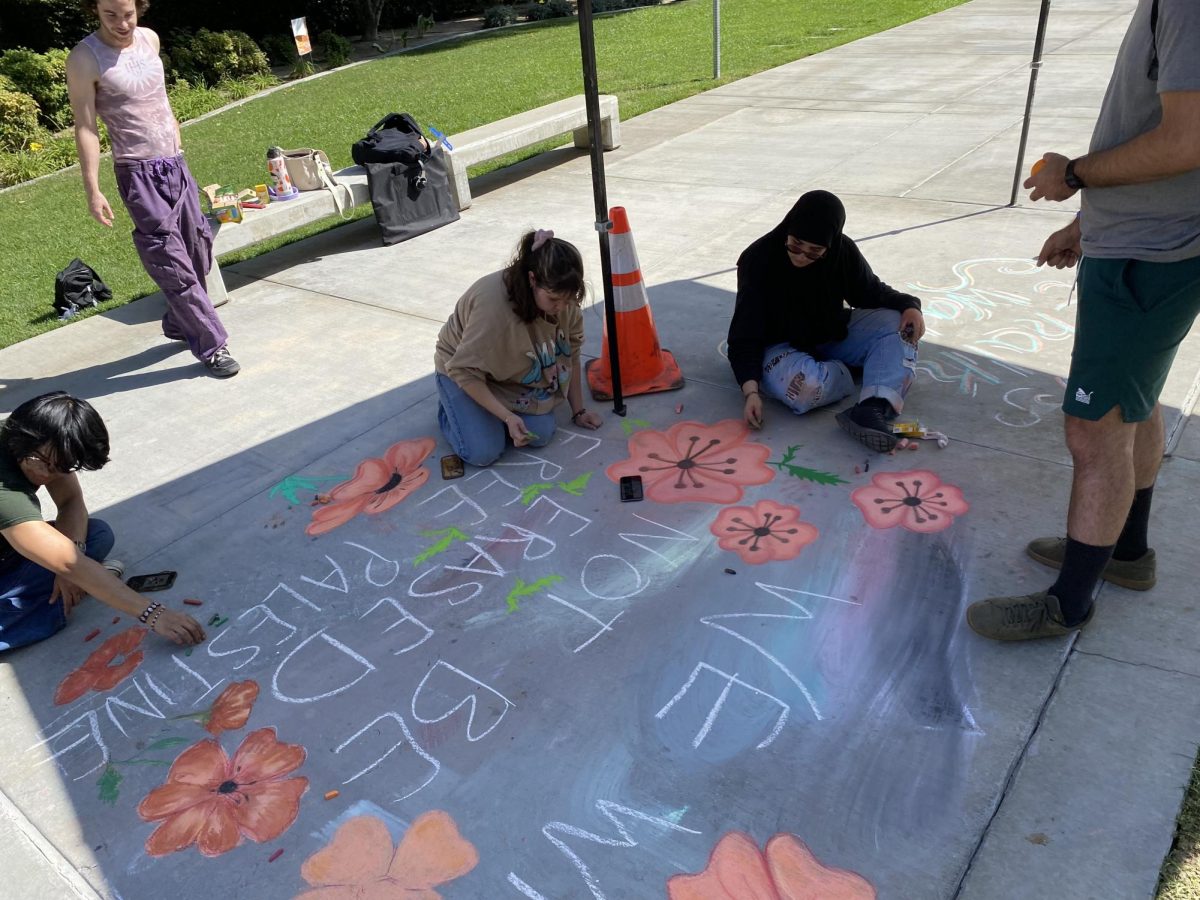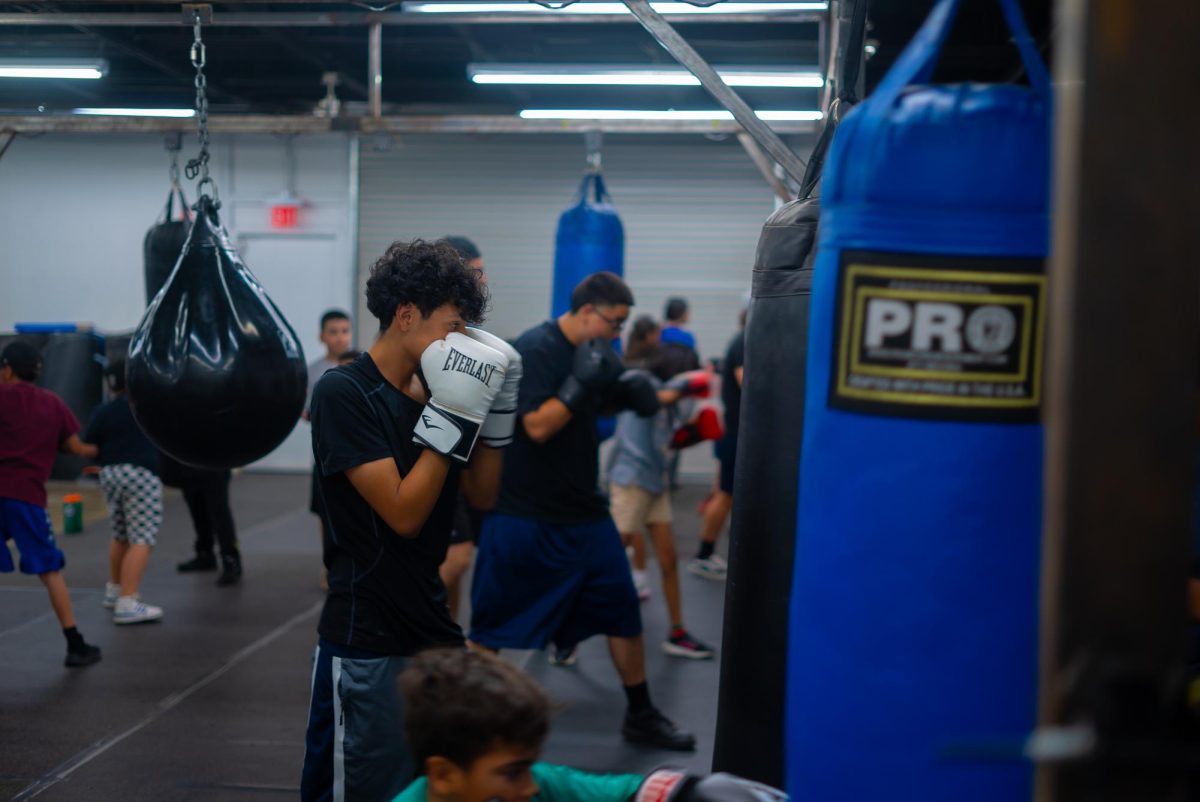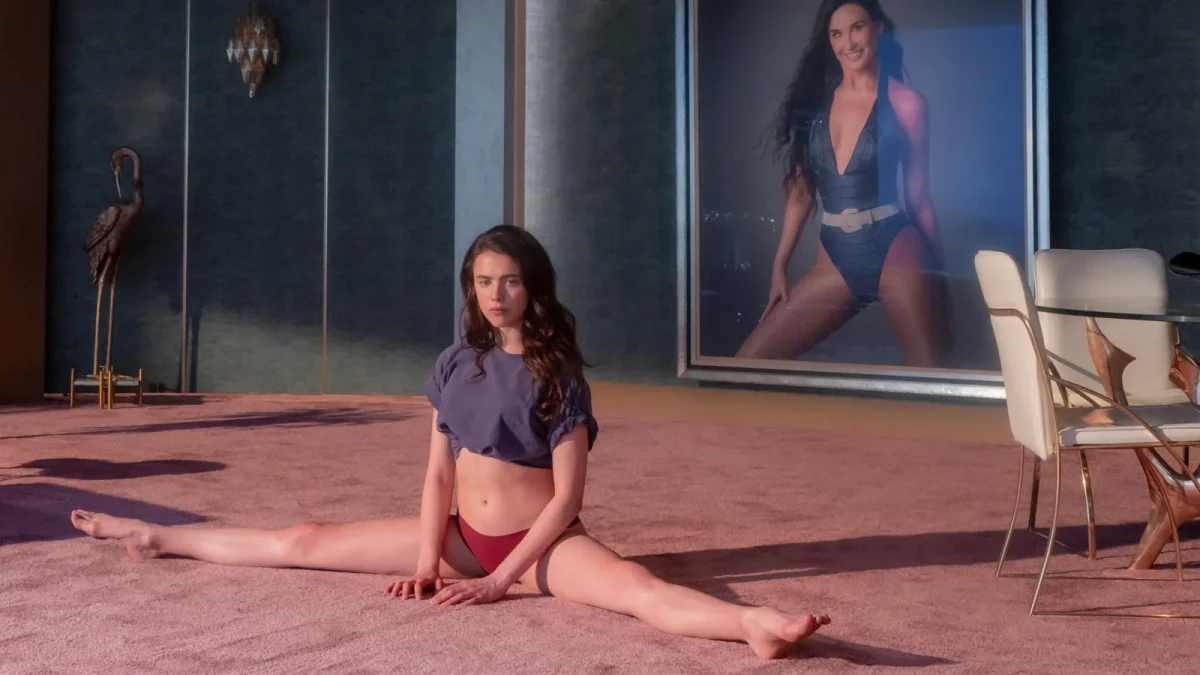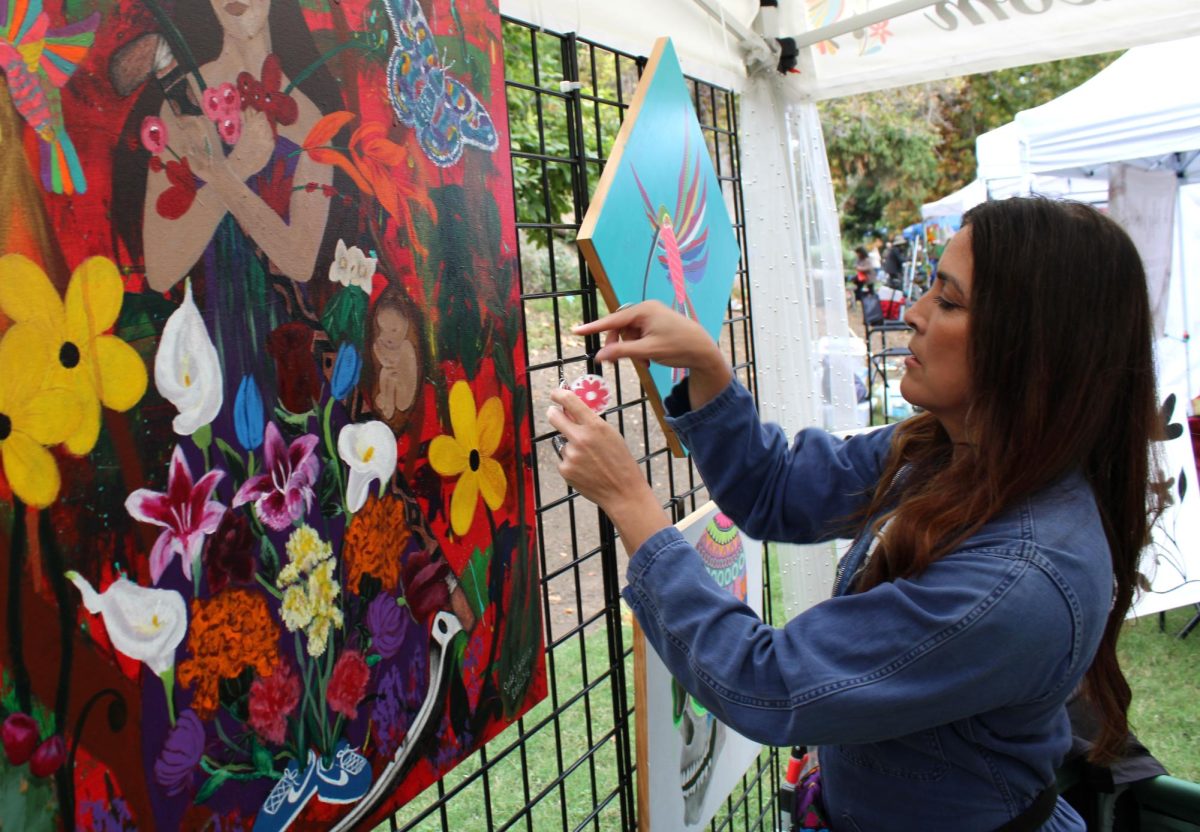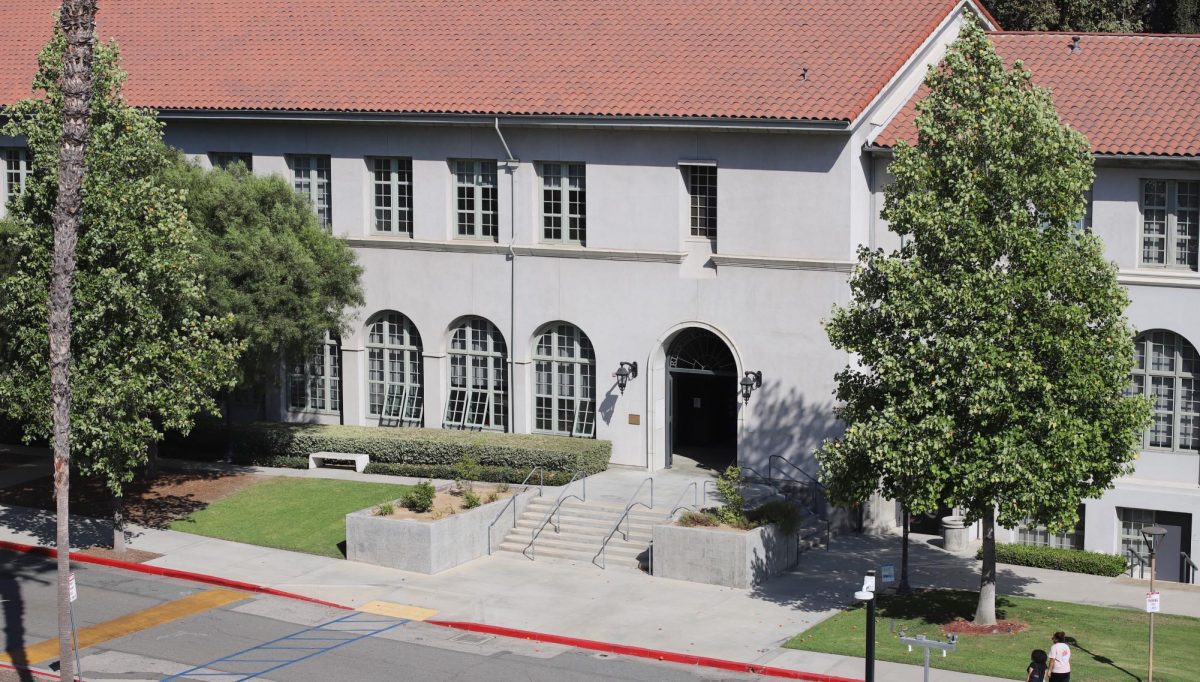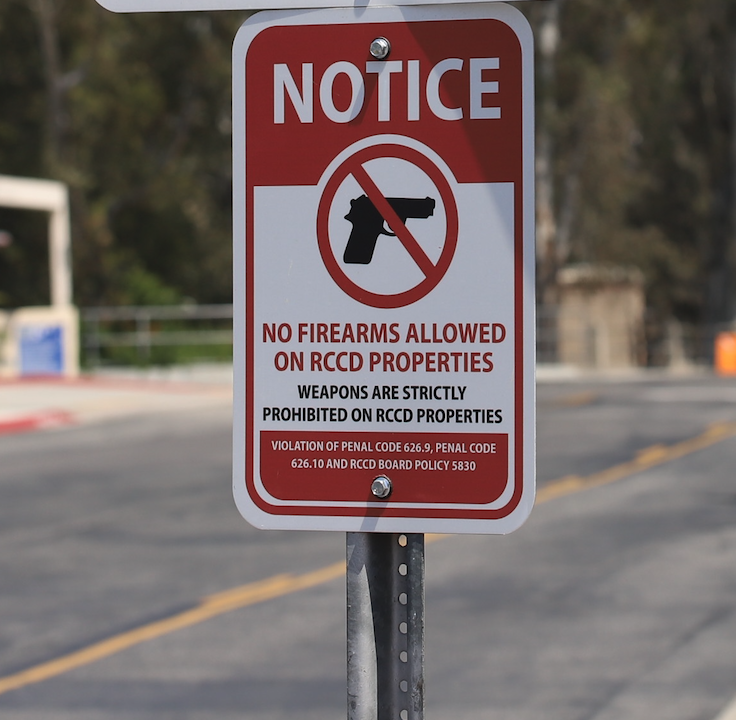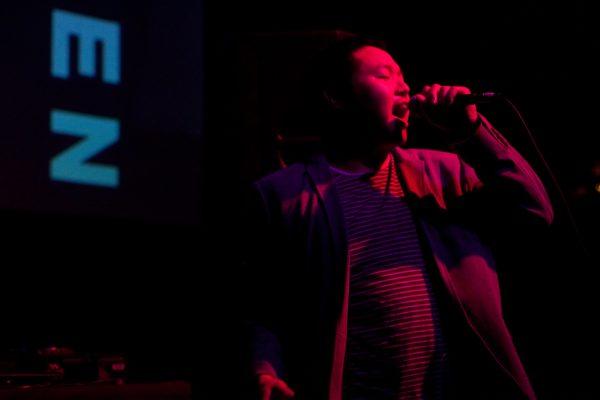
By Jacob Quezada
Kero One stepped back from his usual serenading jazzy beats to put forth a call to action against the rise in anti-Asian hate crime with his latest anthem.
The Asian American hip-hop artist has a clear message: Pull out your cameras and film.
Kero One employs the medium of videography as the means to combating racism in society.
His single “The Loud Minority” begins with a statement and a question, “Any ethnicity can be racist / When Xenophobia reaches over you, can your neighbors be faceless?”
The song features a blend of his lyrics with audio clips of viral videos revealing anti-Asian epithets and violence, the sampling of which can be heard in the background.
The Brooklyn Umbrella Attacker, Anna Lushchinskaya, is heard striking and kicking a subway commuter as she hurls a derogatory slur towards the woman.
Director General of the World Health Organization Tedros Adhanom Ghebreyesus’ speech is exerted, stating “The greatest enemy we face is not the virus itself. It’s the stigma that turns us against each other.”
The shift in paradigm from combating a virus to treating communities as the virus becomes the dialogue of “The Loud Minority.” Kero presents the case that vitriolic hate geared toward Asian Americans is scapegoated from communal economic hardships and other personal pitfalls.
“This is my truth, our truth, so snap out of your coma / And stop blaming entire ethnic groups for the corona / Your business might be failing / or grandmother is ailing / or simply the seed that was planted in your hearts prevailing.”
His pacifistic approach of rubber and glue is highlighted in the chorus, “Keep on saying how you feel / and Imma keep my camera phone concealed.”
The verses hit home and call attention to the power of multimedia in fighting the alarming surge in anti-Asian hate crimes and cyber harassment.
“They are staring us down because our masks don’t appeal / They’re the virus, I ain’t Jewish but my facts Israel / I got no solution so the conclusion I feel / If you see some racist s— go down / Pull out your cameras and film.”
Kero one possesses Bay Area notoriety for mood setting hip-hop. Not straying far from the rest of his projects, the Korean American’s single offers a glimpse into the receiving end of racism and a reality check for victimizers and bystanders.
His sampled use of news broadcast coverage and viral videos, coupled with his underlying message of documenting instances of racism, reveals that their hateful acts can go as viral as an epidemic.

